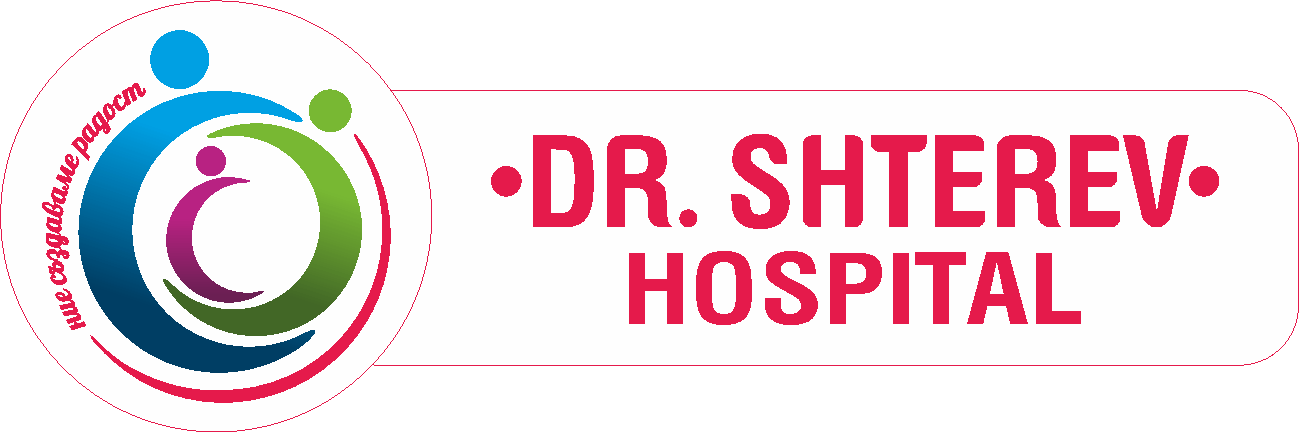NativeChat Enables Deeper Patient Engagement at Dr. Shterev Hospital


Industries:
Healthcare/Life SciencesChallenge
Handling upward of 500 patient calls daily, Dr. Shterev Hospital’s contact center was overwhelmed with calls regarding appointment scheduling and booking.
Solution
Given the nature of these scheduling calls, an intelligent chatbot developed with Progress NativeChat could be used for these simple calls. This freed the contact center to handle more demanding requests.
Result
Dr. Shterev Hospital was able to achieve its goal of reducing the contact center’s workload by 49%. The use of a chatbot also garnered media interest and established the hospital as a digital pioneer.
Full Story
Challenge
Dr. Shterev Hospital is a state-of-the-art medical facility and one of the first private hospitals to specialize in reproductive medicine in Bulgaria. With over 29 years of experience in fertility treatment, founder Atanas Shterev and his team have helped thousands of patients across the country start their families.
As a leading provider of fertility treatment in Bulgaria, Dr. Shterev Hospital’s contact center handles upward of 500 patient and prospect calls daily, in addition to emails and social media engagement. Approximately 60% of these communications pertain to booking appointments or checking schedules, which accounts for a significant amount of the contact center’s operational bandwidth.
Solution
Given the nature of these scheduling calls, an intelligent chatbot could go a long way in handling these simple tasks while freeing up Dr. Shterev Hospital’s contact center to handle more demanding requests.
This inspired Dr. Shterev Hospital to look into Progress NativeChat, an AI-powered chatbot that would enable the clinic to deliver self-service chat experiences. The chatbot was designed to drive significant improvements in three specific areas of Dr. Shterev Hospital’s existing customer engagement process.
1. An intelligent chatbot would be able to take on approximately 49% of the call center load, which in turn frees up the contact center team to spend more time on more pressing calls.
2. An intelligent chatbot would also dramatically improve the patient experience by enabling patients to quickly book appointments, even during peak hours.
3. An intelligent chatbot could unlock a new communication channel with patients as well. In today’s digital world, many patients prefer online communication rather than direct voice calls.
NativeChat was suited perfectly for the job. Traditional chatbot frameworks rely on complex, error-prone decision trees to deliver customer service. This results in a customer experience that feels unnatural for users—as if they were talking to an answering machine that can only follow conversations down pre-defined paths.
What differentiates NativeChat is its AI-powered Cognitive Flow technology. This enables enterprises to train their chatbots much like they would any customer service agent, using a set of goals with historical data and examples from existing backend systems. NativeChat chatbots can be brought up to speed quickly, up to 10-15 times faster than other bot frameworks, and provide a better overall experience.
Result
By using the chatbot to handle appointment scheduling, the Dr. Shterev Hospital was able to achieve its goal of reducing the contact center’s workload by 49%. However, at the end of the day, customer satisfaction is the only metric that truly matters. With NativeChat, Dr. Shterev Hospital was able to deliver on that end as well—in fact, engagement with the bot is exceeding expectations and has even increased appointment bookings by 30%.
As a side benefit, using a cutting-edge technology like NativeChat also helped Dr. Shterev Hospital establish itself as a digital leader in the healthcare space. The implementation of the clinic’s AI-powered chatbot garnered huge media attention, with the success story appearing in 35 different publications.